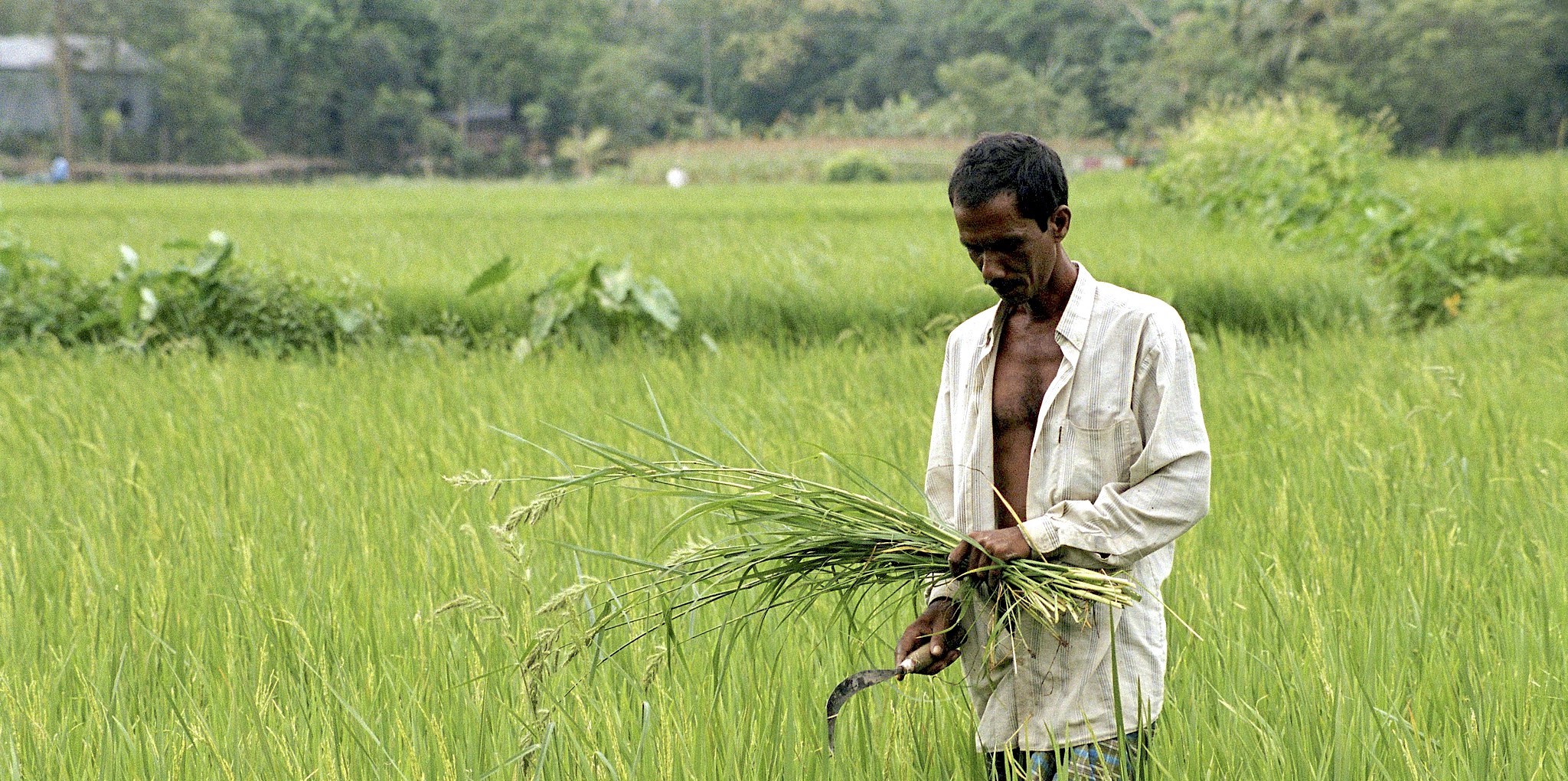How do gender norms, agency and agricultural innovation interlink? How can we research this question comparatively to better understand patterns without overlooking the specificities of different contexts and the people who occupy them? These questions set the stage for the new special issue in the Journal of Gender, Agriculture and Food Security (Agri-Gender) on the GENNOVATE research initiative.
Ahead of the International Day of Rural Women (October 15), researchers from across CGIAR drew on the voices of over 7,000 rural women and men across diverse regional contexts to demonstrate why understanding and addressing gender norms is critical for achieving sustainable and equitable development.
Gender norms comprise the social rules that differentiate what a society considers a man and a woman should be in their lives. The papers published in the GENNOVATE special issue provide new empirical and methodological contributions to the literature on gender, agricultural innovation and rural transformation. The testimonies gathered across 137 communities in 26 countries illuminate how agricultural innovation processes are regularly constrained by gender norms. These norms prescribe women’s deference to men’s authority and in turn assign women with heavy household and care work burdens. They also limit their access to resources, physical mobility and social interactions.
Challenging the norms
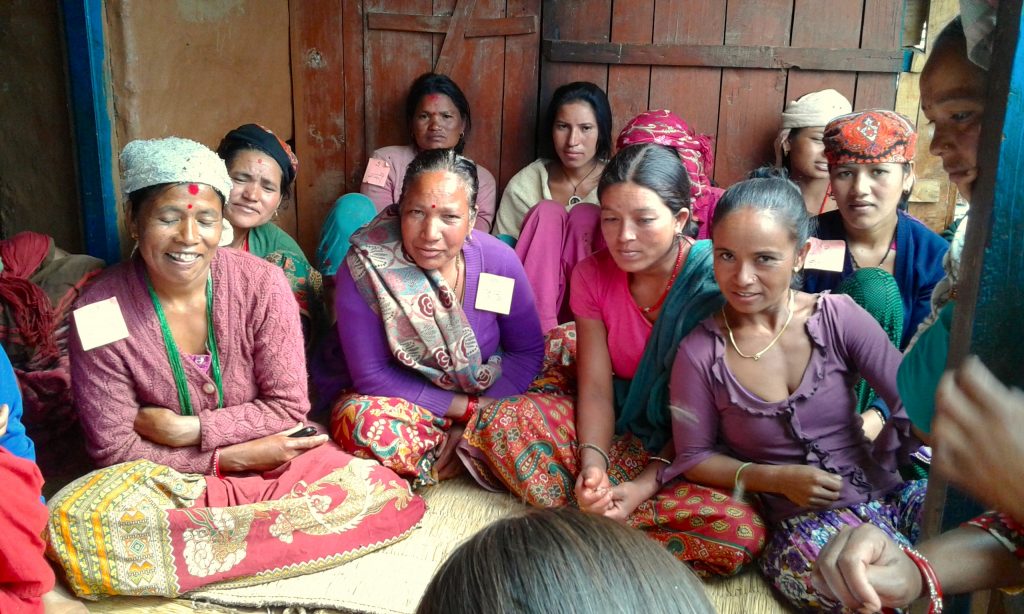
Nevertheless, women and men find ways to challenge and redefine these norms, and village practices are often different from normative expectations. In a large majority of GENNOVATE research communities, women influence important household decisions and innovate in their rural livelihood activities, albeit often close to their homesteads and on a smaller scale than rural men. Some gender norms are beginning to relax to accommodate women’s and men’s changing lives, but these processes vary greatly across the types of norms, the groups of people concerned — young or unmarried women, widows, resource-constrained women, etc. — and the places where they live. By and large, women continue to face a myriad of barriers trying to expand their economic initiatives.
Two of the papers in the special issue explore gender norms in circumstances where farmer innovation and community development are particularly prevalent. CIMMYT researcher Lone Badstue and co-authors present findings from 336 semi-structured interviews with rural women and men from 19 countries who are known in their villages for agricultural innovation. While finance and physical assets emerge as important enablers of innovation, the testimonies stress that factors related to personality and agency are key drivers for both women’s and men’s capacity to innovate. Compared to men, women innovators are far more likely to detail how supportive spouses, parents, siblings, in-laws or children can help them learn about and adopt new farming techniques or otherwise actively innovate in their rural livelihoods.
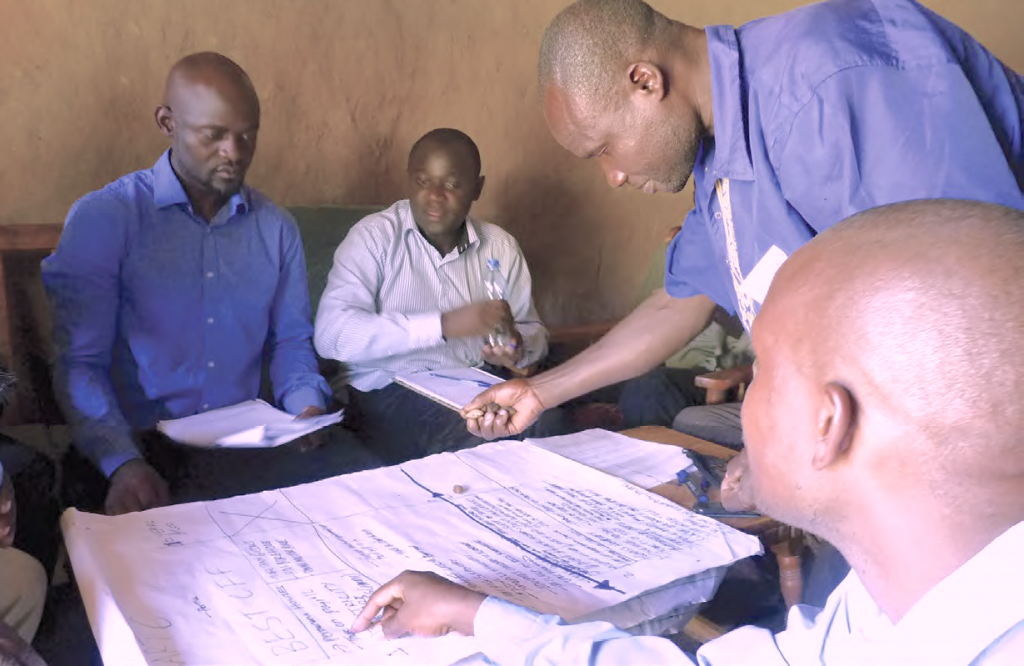
In another paper focused on 79 community case studies, Patti Petesch and co-authors focus on a small set of “transforming” villages, where participants in the GENNOVATE study widely reported accelerated processes of empowerment and poverty reduction in their communities. Case studies and comparative evidence are able to show that more equitable gender norms play a crucial role in catalyzing inclusive agricultural innovation and development processes.
Other papers in the issue emphasize concerns over innovation processes that reinforce gender inequality and marginalize specific social groups. For example, Marlène Elias and co-authors focus on rural youth in seven countries to demonstrate how norms that discriminate against women in agriculture are key for understanding young women’s limited aspirations in agricultural work. Petesch and co-authors also introduce the concept of local normative climate to shed light on the contextual and fluid ways in which norms operate, such as why in one community only men perceive their village to be an enabling climate for their agency and agricultural innovation, while in another community only women perceive this.
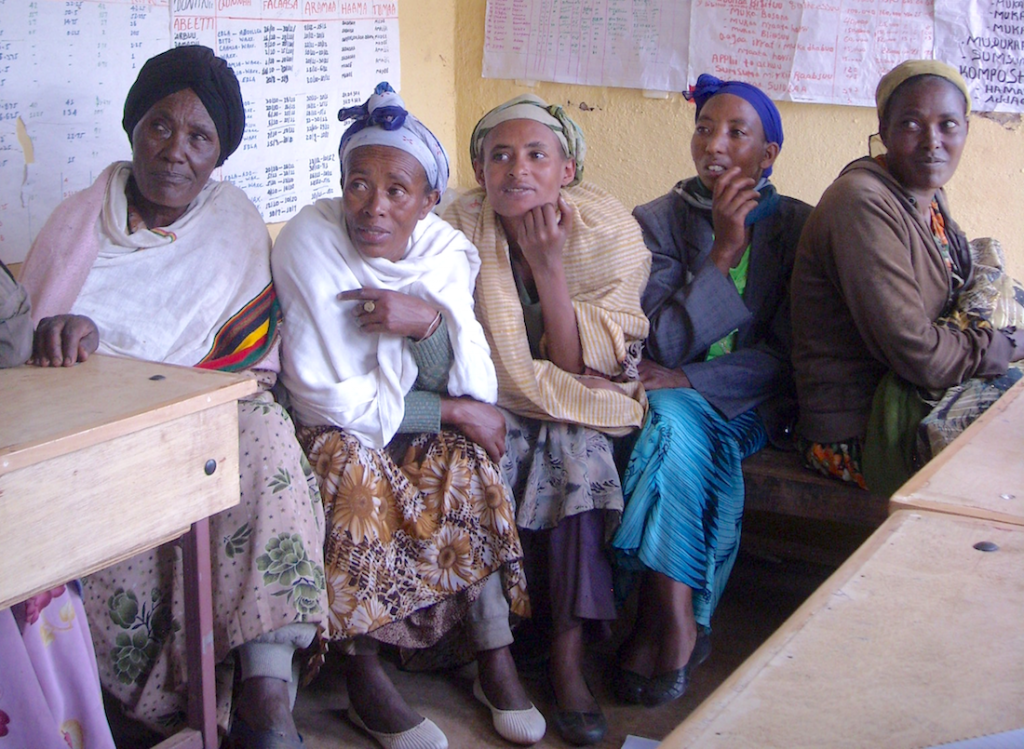
A large-scale endeavor
Two papers describe GENNOVATE’s methodology and conceptual framework. The authors reflect on the challenges and opportunities faced in carrying out the large-scale qualitative study. They highlight the need to be attentive to the complexities of various local social contexts and women’s and men’s own understanding of their lives, while looking for patterns to make broader claims that can contribute to agricultural research and development. They also discuss GENNOVATE’s research protocols for sampling, data collection and analysis, and reflect on challenges that correspond with their application.
The GENNOVATE papers make evident that gender norms set the stage for agricultural innovation and that some people and places find pathways to forge ahead far faster than others. The special issue makes an important contribution to the development of strategies that are meaningfully informed by social realities while also allowing for comparisons across various contexts. This insight is relevant to research and development beyond the field of agriculture and natural resource management.
The GENNOVATE special issue in the Journal of Gender, Agriculture and Food Security (Agri-Gender) was published on September 2018, Volume 3, Issue 1.
The GENNOVATE research initiative is a collaboration of 11 CGIAR research programs.
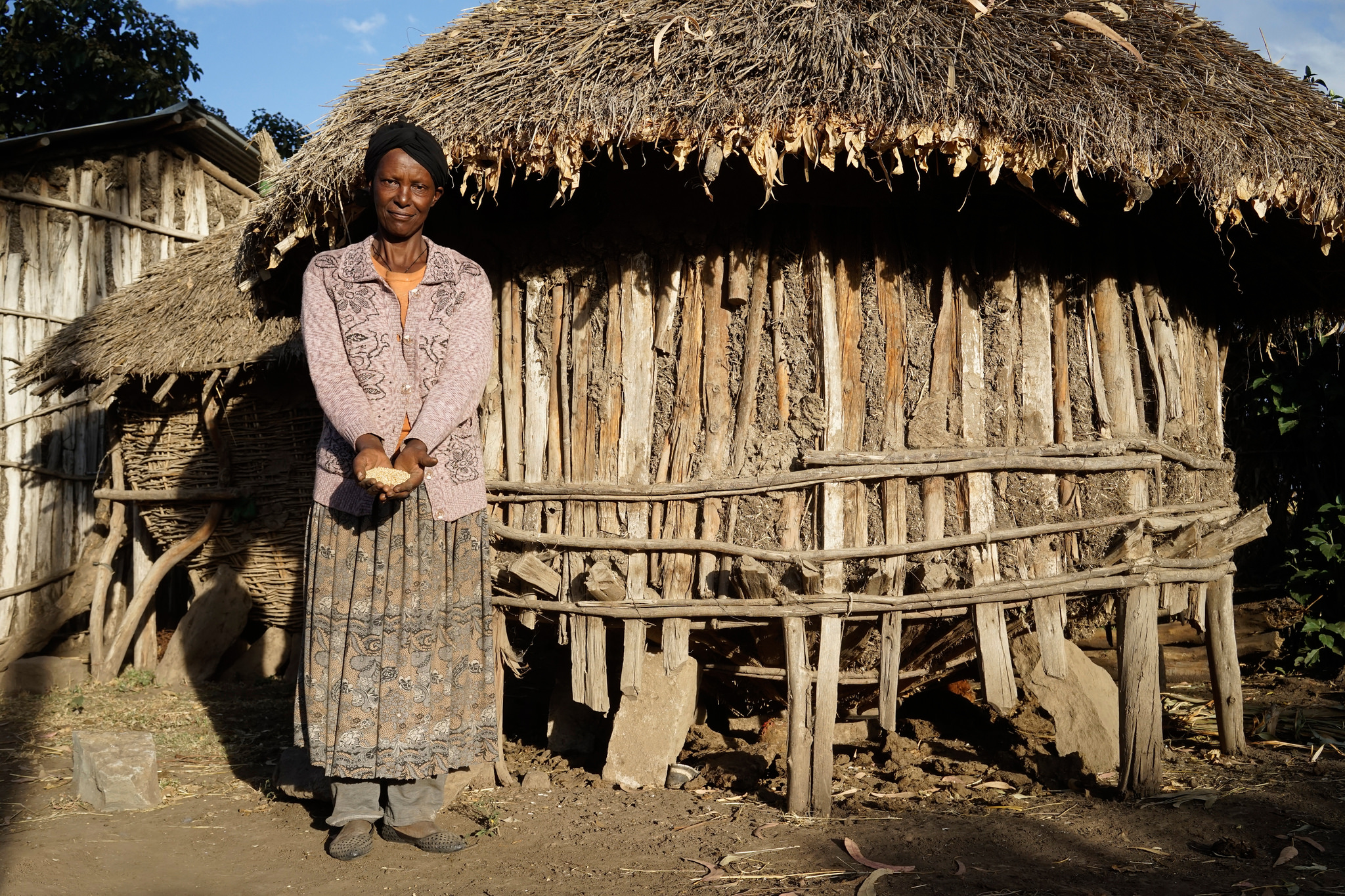
 Gender equality, youth and social inclusion
Gender equality, youth and social inclusion 